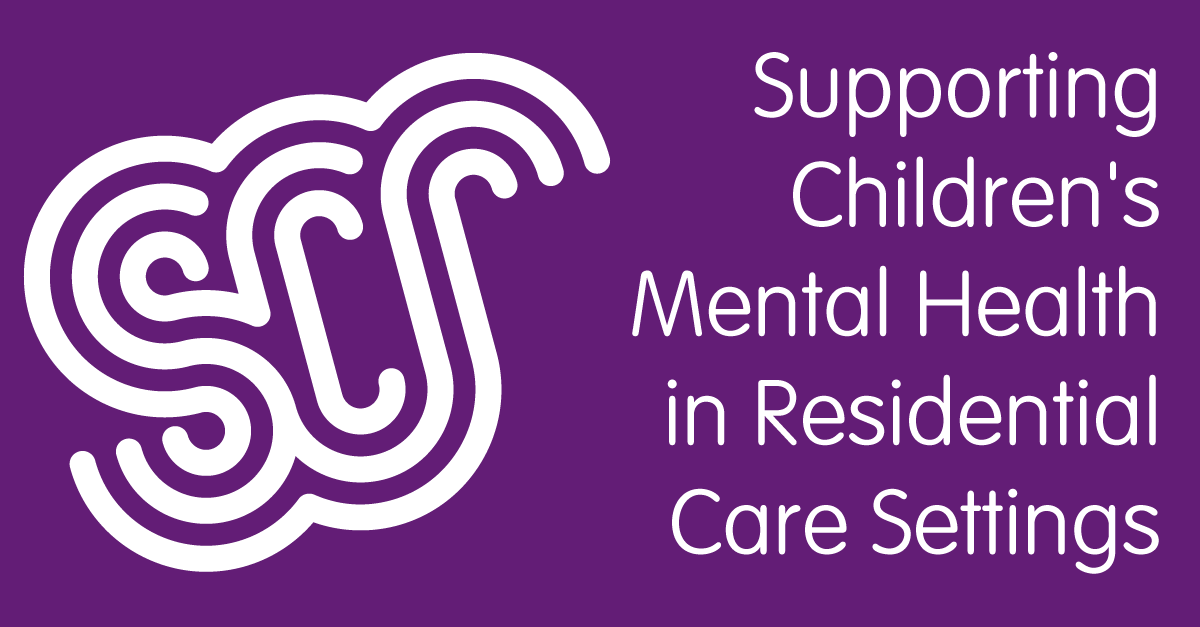
Supporting Children’s Mental Health in Residential Care Settings
Children in residential care settings may have experienced trauma, abuse, or neglect, which can lead to mental health challenges. As caregivers, it’s important to understand these challenges and provide support to help children thrive. This guide offers practical strategies for promoting the well-being of children in residential care.
Understand the unique challenges faced by children in residential care.
Children in residential care settings often face unique challenges that can impact their mental health. These challenges may include a history of trauma, abuse, or neglect, as well as the stress of being separated from their families and communities. It’s important for caregivers to understand these challenges and provide support that is tailored to the individual needs of each child. By doing so, we can help children in residential care settings to feel safe, supported, and empowered to thrive.
Create a supportive and nurturing environment.
Creating a supportive and nurturing environment is essential for promoting the mental health and well-being of children in residential care settings. This can be achieved by providing a safe and comfortable living space, establishing clear rules and expectations, and fostering positive relationships between caregivers and children. It’s also important to provide opportunities for children to engage in activities that promote their physical and emotional health, such as exercise, art therapy, and mindfulness practices. By creating a supportive and nurturing environment, caregivers can help children in residential care settings to feel valued, respected, and empowered to reach their full potential.
Provide access to mental health professionals and resources.
Children in residential care settings often have complex mental health needs that require specialised support. It’s important to provide access to mental health professionals, such as therapists and psychiatrists, who can provide individualised care and treatment. In addition, caregivers should be trained to recognise signs of mental health issues and equipped with resources to address them, such as crisis intervention plans and referral networks. By prioritising mental health support, caregivers can help children in residential care settings to overcome challenges and thrive.
Encourage healthy coping mechanisms and self-care practices.
Children in residential care settings may have experienced trauma or other difficult life events that can impact their mental health. Encouraging healthy coping mechanisms and self-care practices can help them manage stress and build resilience. This can include activities like exercise, mindfulness, journaling, and creative expression. Caregivers can also model healthy behaviors and provide a supportive environment where children feel safe to express their emotions and seek help when needed. By promoting positive coping strategies, caregivers can help children develop the skills they need to navigate challenges and maintain their mental well-being.
Foster positive relationships with caregivers and peers.
One of the most important factors in supporting children’s mental health in residential care settings is fostering positive relationships with caregivers and peers. Children who feel connected to others and have a sense of belonging are more likely to have better mental health outcomes. Caregivers can build positive relationships by being consistent, supportive, and responsive to children’s needs. They can also encourage children to build relationships with their peers through group activities and social events. By creating a supportive and nurturing environment, caregivers can help children feel safe and secure, which is essential for their mental well-being.
